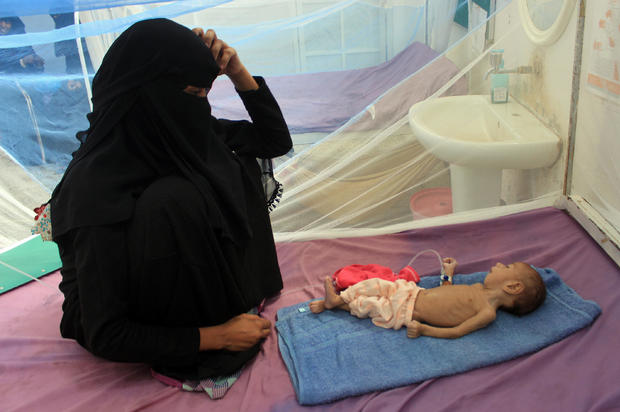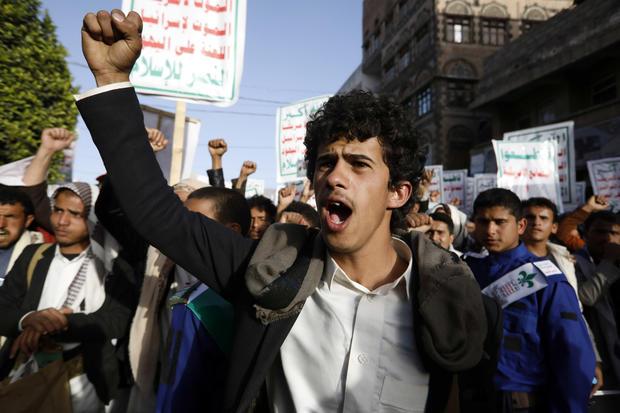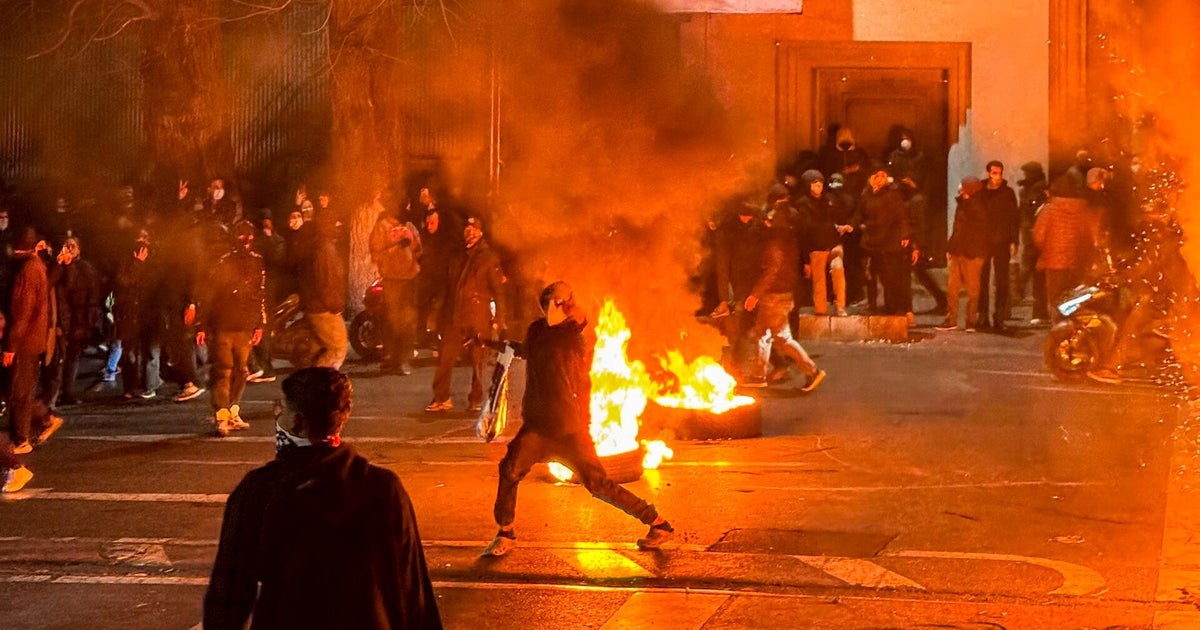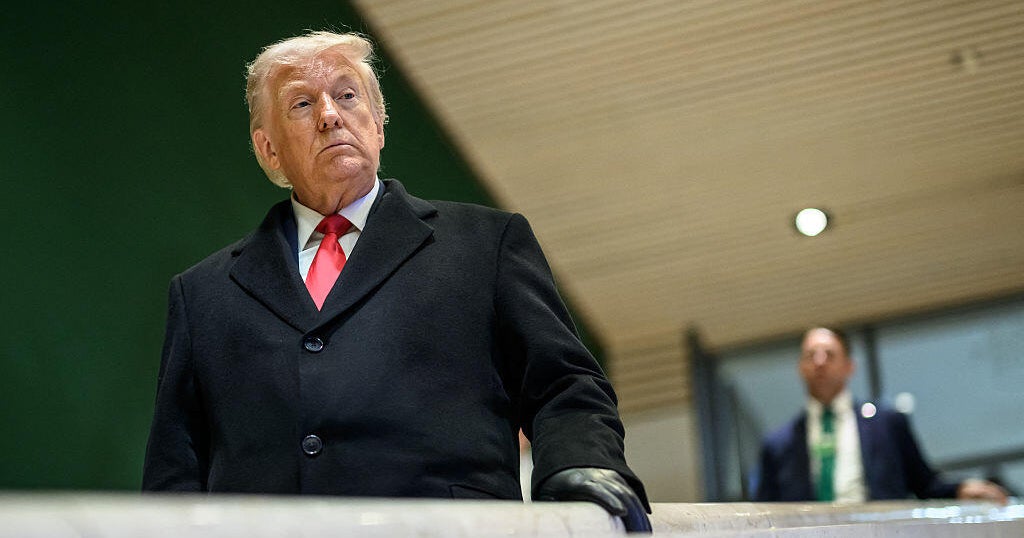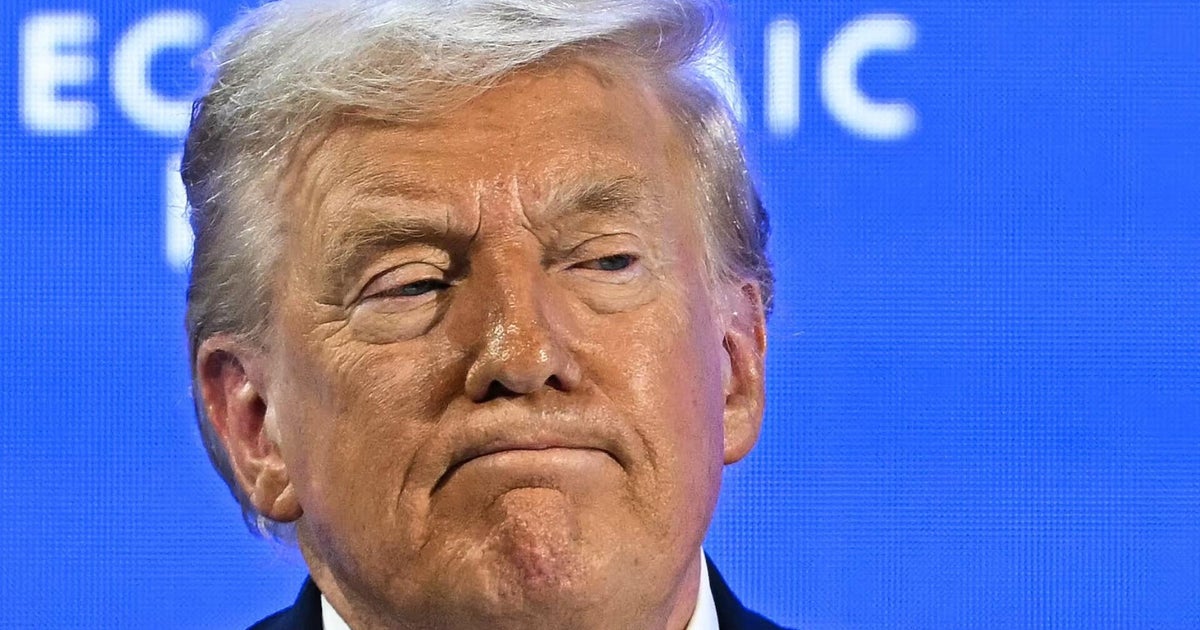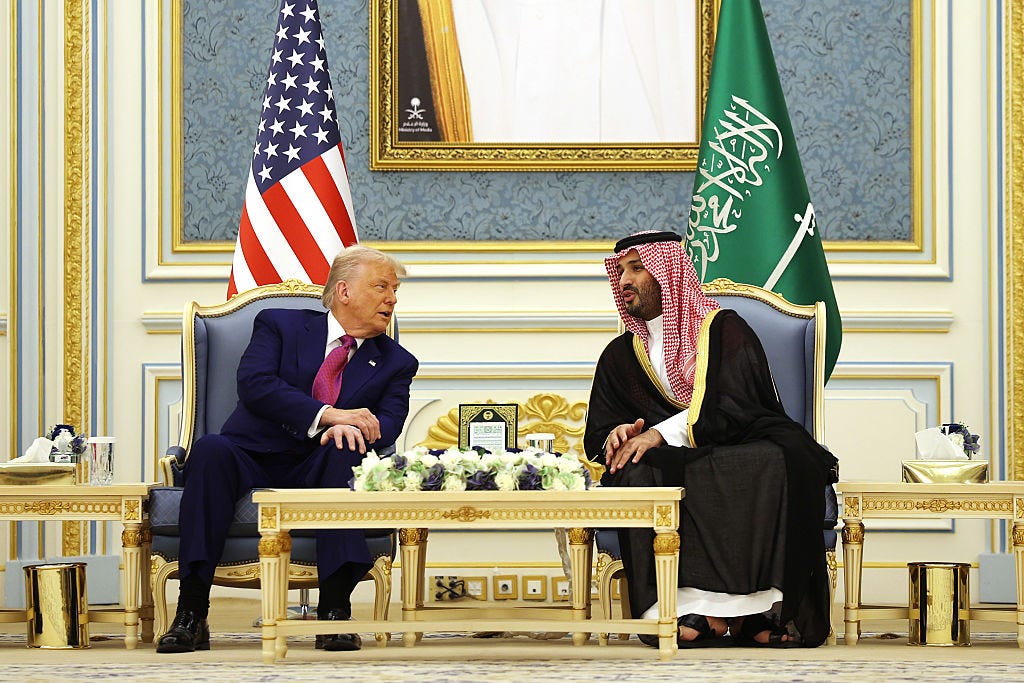Biden administration authorizes financial transactions with Yemen's Houthi rebels to let aid flow
London — The U.S. Treasury on Monday authorized almost all financial transactions with Yemen's Houthi rebels for the next month, effectively delaying the implementation of former Secretary of State Mike Pompeo's last-minute designation of the group as a terror organization while giving the new Biden administration a chance to review it.
The move seemed to be aimed at addressing the fears of humanitarian organizations who work with banks and commercial traders to provide aid to approximately 80% of Yemen's population, the majority of which live in Houthi-controlled territory.
While humanitarian groups would have received exemptions under the terror designation, many of their commercial partners on the ground in Yemen may not have, and vital operations could have been disrupted.
"It's still too early to tell what any of these decisions mean, so we are really focusing on just keeping our essential operations going and seeing how we can keep delivering assistance," Middle East spokesperson for the International Committee of the Red Cross, Ruth Hetherington, told CBS News on Tuesday.
"Yemenis are extremely dependent on food imports, but also the commercial transport, which could be impacted with any sanctions," she said. "We always urge states who are considering such measures or who impose such measures to consider the humanitarian consequences and to take steps to make sure that any negative impact on people who are already suffering massively is mitigated."
On Monday, tens of thousands of Yemenis marched in the capital city Sanaa to protest the U.S. designation of the Houthis as a terror group, and American support for the Saudi-led coalition the Houthis are fighting. Yemen has been mired in a brutal civil war between the Iranian-backed Houthis and its Saudi Arabian-backed, internationally recognized government since 2014.
"This decision is not worth the ink it is written in," Houthi leader Ahmad Sharafaldine told journalists, referring to the terror designation, on Monday. "It will only make Yemenis stronger and more resilient."
The situation in Yemen is often called the world's worst humanitarian crisis. Relying on imports for 90% of its food supply, the country is on the brink of famine. The humanitarian community reacted to news of the U.S. designation of the Houthis as a terrorist organization earlier this month with concern.
"This looks like a worst-case scenario for Yemen," Annabel Symington, World Food Programme spokesperson for Yemen, told CBS News at the time. "Life has just gotten harder for millions, with over 24 million people in Yemen already in need of some form of humanitarian assistance."
"This is pure diplomatic vandalism," David Miliband, CEO of the International Rescue Committee, said in a statement. "The further immiseration of Yemenis, which will be the product of this policy, is a disgrace to the name of the U.S., and will have the perverse result of strengthening precisely the forces it claims to oppose."
The State Department began an official review of the Houthi terror designation on Friday. Incoming Secretary of State Antony Blinken had told a Senate Confirmation Hearing earlier in the month that he would do so, "to make sure what we are doing is not impeding humanitarian aid."
Blinken added that the terror designation, "seems to achieve nothing particularly practical in advancing the efforts against the Houthis and bringing them back to the negotiating table."
CBS News' Amjad Tadros in Jordan contributed to this report.
